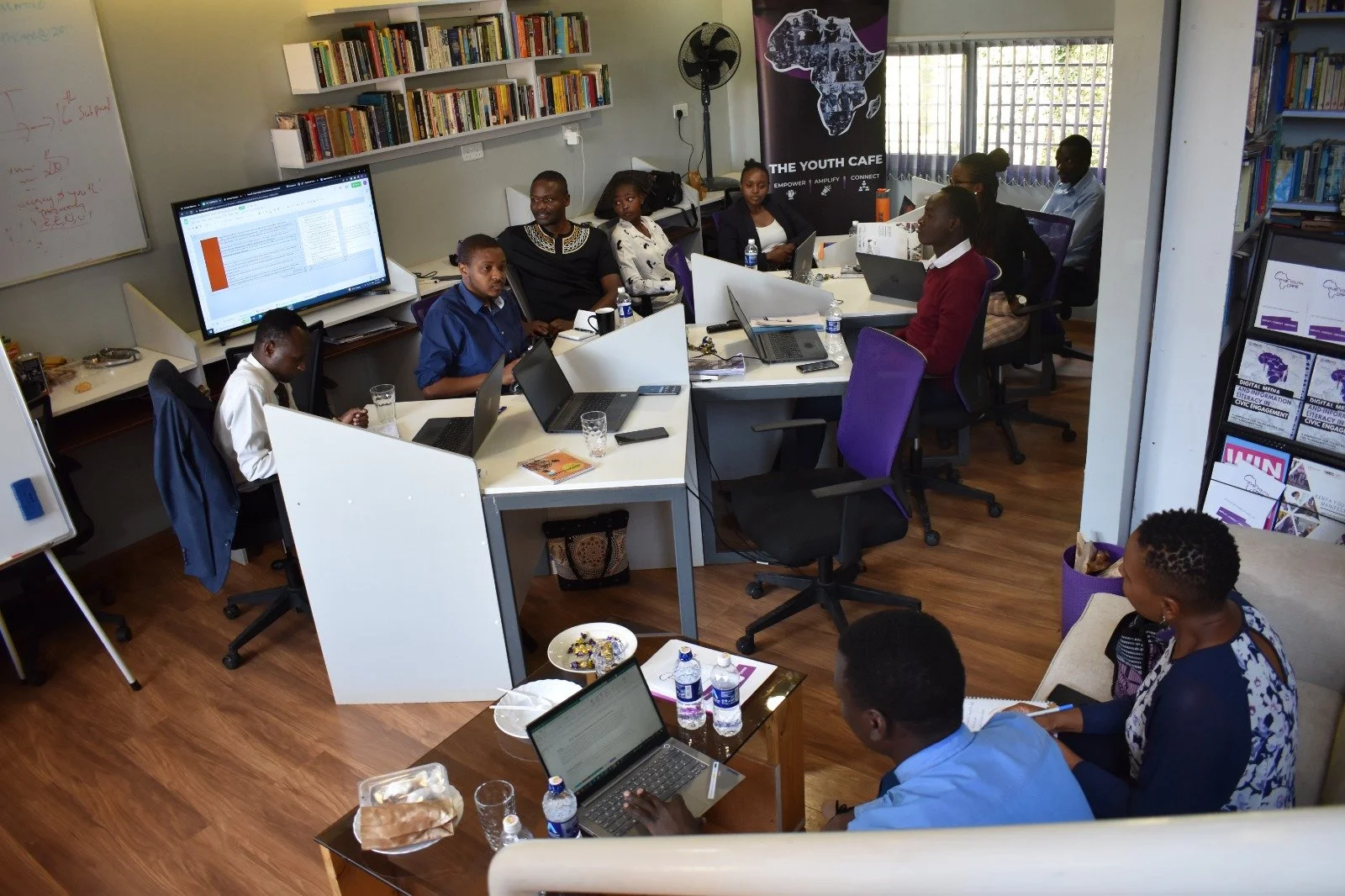The world today is home to the largest generation of young people in history, 1.8 billion. Close to 90 percent of them live in developing countries, where they constitute a large proportion of the population. Connected to each other like never before, young people want to and already contribute to the resilience of their communities, proposing innovative solutions, driving social progress, and inspiring political change, in urban as well as rural contexts.
Young people constitute a tremendous and essential asset worth investing in, opening the door to an unparalleled multiplier effect. At the same time, young people are also facing incredible challenges and even life-threatening risks, disproportionately carried by girls and young women in many parts of the world. These arise when accessing their rights, including quality education, healthcare, or decent work.
They also arise in situations of conflict, or when young people flee home in search of survival or move for better opportunities. Young people also suffer interpersonal violence and are affected by the slow onsets of climate change or frontline impacts of disasters.
Young people experience intersecting forms of marginalization and struggle with the brunt of a global erosion of human rights and impeded access to justice. The way in which the shifting demographics in the world are leveraged, and how young people navigate their transition into adulthood, are critical for the progress of humankind and the health of the planet.
With this large and increasing number of young people across the globe, it is abundantly clear that it is only by engaging and working with them, supporting them in standing up for their rights, and creating the conditions allowing them to progress and play an active role, that the international community will be able to achieve peace, security, justice, climate resilience, and sustainable development for all.


